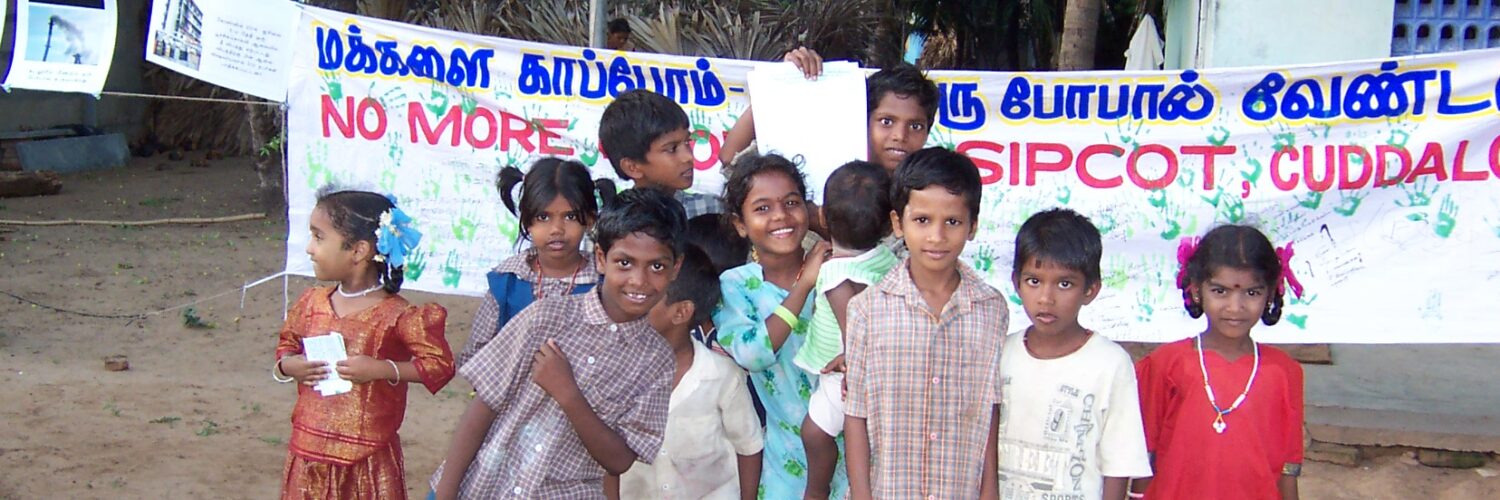Chennai, 31 August, 2006 — The Madras High Court today ordered M/S Pioneer Miyagi to stop construction of a new plant within its existing premises in SIPCOT, Cuddalore, after verifying with the Tamilnadu Pollution Control Board (TNPCB) that no permission had been granted for establishing the industry. Granting the injunction on construction, the High Court posted the matter for hearing on 4 September.
A writ petition filed by K. Bharati, president of South Indian Fishermen Welfare Association contends that companies illegally construct factories without permission secure in the knowledge that they will be able to regularise it later. Singling out SIPCOT Cuddalore for prevalent industrial lawlessness, the petitioner has also held that companies pay no regard to TNPCB and District Authorities. Counsel to the petitioner has conveyed the order of the High Court to relevant agencies, including district TNPCB officials and the District Collector.
The company began illegal construction in late 2005. It was first reported by SACEM to TNPCB on 28 May, 2006 . On 29 July, 2006, a public hearing panel of eminent persons from Chennai observed the illegal construction at Pioneer. A complaint was filed once again. Attempts by District Authorities and the TNPCB to stop the construction failed after the company disregarded their instructions, and continued with construction. Indeed, TNPCB was unable or unwilling (possibly, due to political pressure) to take action on Pioneer’s violation.
Pioneer Miyagi manufactures gelatin by processing cow and camel bones using hydrochloric acid. Villagers in Semmankuppam and Sangolikuppam say the company is one of the smelliest factories. SIPCOT Area Community Environment Monitors (SACEM) have recorded various kinds of odours — including rotten corpse, dead body burning etc — from the factory, and local fishermen say that the company routinely diverts its untreated effluents into the River Uppanar causing fish kills and injuring fisherfolk.
SACEM has witnessed the dismantling of illegal effluent diversion pipelines from the factory to the River Uppanar on two occassions over the last 3 years.
